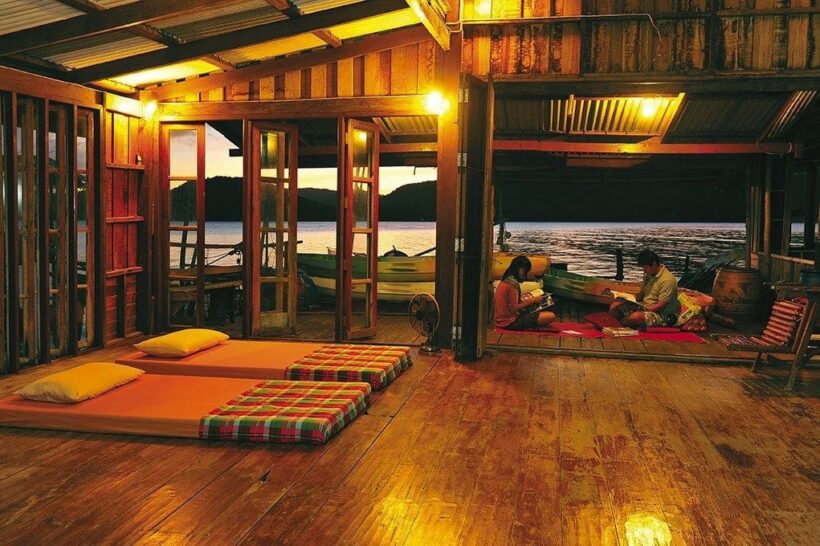Proposal would allow small hotels to operate as a homestay

The Ministry of Interior’s proposal for relaxing regulations on small homestay hotels has been met with opposition from the Thai Hotels Association. The plan would expand a “homestay” exemption in the Hotel Act for small businesses with no more than 20 guests in no more than four rooms, increasing the maximum size and occupancy to 10 rooms and 30 guests.
Proponents of the new draft proposal by the ministry say it will significantly benefit locals and help rebuild tourism. Local people can open a homestay as a side business to increase their monthly earnings. In doing so, it will provide a better variety of accommodation options for tourists, especially on a budget (even though the government is laser-focused on bringing in the rich elite).
But in opposition, the THA warns that allowing individuals to open bigger homestay businesses will decrease safety and security, and allow small hotels to avoid paying proper taxes. People who own apartment buildings or condos could use this exemption as a loophole and, besides not having to pay hotel taxes, these homestay businesses could circumvent regulations to benefit the environment and security and safety standards.
Wastewater and waste disposal regulations wouldn’t apply to these small hotels, as well as requirements for fire alarms and extinguishers, among other health and safety standards. Plus, if these small hotels aren’t required to report who stays on their property, they could become havens for criminals laying low according to the THA president.
“During the tragic tsunami in 2004, Thailand was able to identify missing and deceased persons without delay because hotels under the laws were mandated to submit a list of their daily guests to the Interior Minister for security checks on a regular basis. This also helped tracking virus-infected patients during the pandemic. We are worried that the new rule will let more businessmen avoid these responsibilities but still earn income, which is not fair for operators who strictly follow the rules.”
The THA argues that a business with 30 guests and a maximum of 10 rooms is more of a business investment than a side hustle, estimating a yearly revenue of 5.4 million baht, or 450,000 baht a month. The group of hotels reached this number by claiming a homestay could charge 500 baht for each of the 30 guests, for 30 nights a month. Hearing those estimates, a local homestay owner laughed.
“That’s not how it works. Calculating a guesthouse with those limits would charge by room, not per guest, and current rates around Thailand for a small homestay would be between 300 and 800 baht a night. And with tourism still down over 80%, imagining a homestay or any hotels will be fully occupied every day is ridiculous. A more accurate number would be about 500 baht per night for 10 rooms at 20% occupancy, which would be about 30,000 baht a month, or 360,000 baht per year, not over 5 million.”
The THA has requested a public hearing on the matter, petitioning the Department of Provincial Administration, which operates under the Ministry of Interior, to take action. They claim the regulations intended to help small businesses would actually do more harm than good, creating an unfair advantage for small businesses. The association says they do support an expansion of regulations to cover unique accommodation types like camping or floating hotels.
SOURCE: Bangkok Post
Latest Thailand News
Follow The Thaiger on Google News:


























